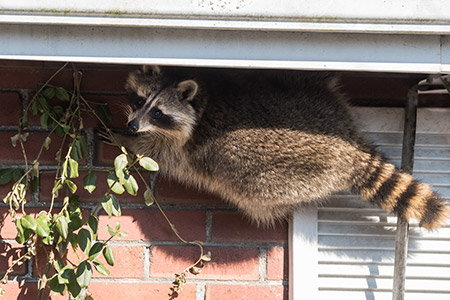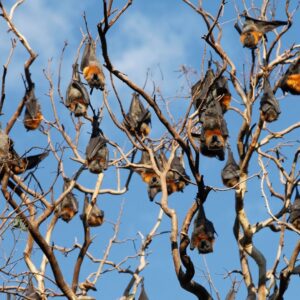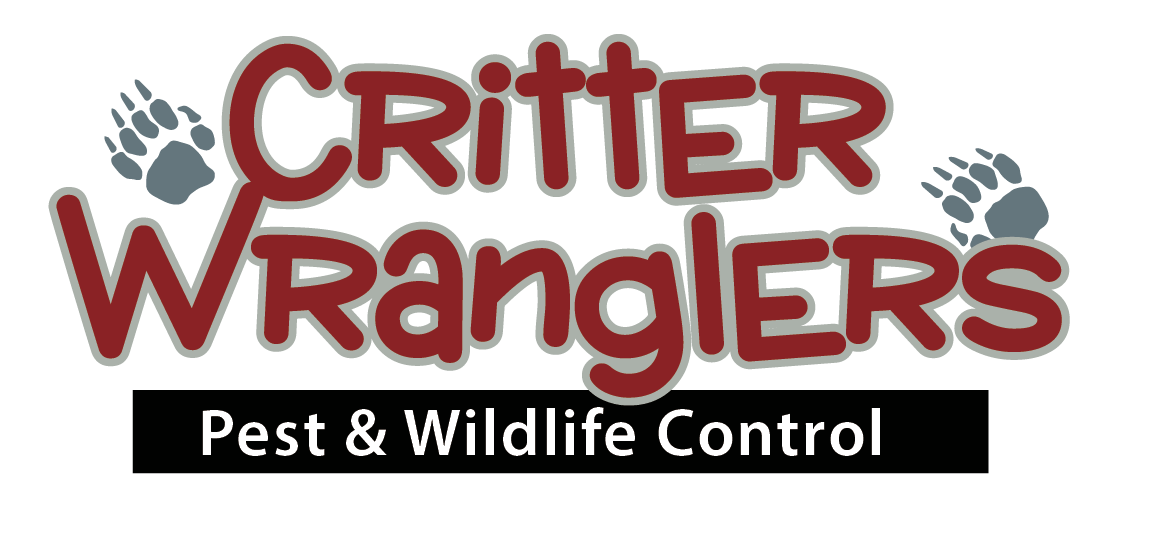Critter Wranglers, LLC Blog
Have an issue? Contact us today

The Rabies Threat: Known Wildlife Carriers in Knoxville
Rabies – it’s a word that tends to evoke fear, and with good reason. If the symptoms of this deadly virus are allowed to progress, it is almost always fatal to the victim. Fortunately, vaccination before symptoms appear is highly effective. Around the world, rabies is most commonly spread to people by bites from animals. In many foreign countries, dogs are the chief spreaders of rabies but don’t worry; your puppy is unlikely to be infected here in the U.S.
Throughout our country, including in the Knoxville area, rabies is generally spread by a few species of wildlife. Keep reading to learn more about rabies and the wild animals that are most likely to spread it.
Symptoms & Carriers of Rabies

Once rabies has traveled to the brain of an infected animal, they will begin exhibiting unusual behavior. Rabid animals may become active during times of day when they are normally sleeping, move in an unusual manner, salivate excessively, display hydrophobia (fear of water) and lose their natural fear of humans. Many rabid animals become hyper-aggressive, which is when bites tend to occur. If you notice wildlife in Knoxville exhibiting any of these symptoms, keep your distance, make sure your pets stay inside and call animal control to report the rabid animal.
In Knoxville, the nuisance wildlife species that most commonly carry rabies are:
- Bats – In most of the U.S., including Knoxville, bats are the most common carriers of rabies, accounting for 33% of all cases in 2018. The reason which bats are so susceptible to rabies is that they tend to roost in large colonies. When a bat becomes rabid, they will attack other bats in the colony, infecting them and spreading the virus rapidly. Because bats are smaller than other rabies vectors, it can be difficult to identify symptoms. Bats are nocturnal, so seeing a bat flying around during the day is a major warning sign. While bats are not aggressive by nature, entering an attic that has been infested by bats may startle the creatures enough to bite. The risk of rabies transmission from bats is why you should always let a wildlife control professional remove them from your home in Knoxville.
- Skunks – In the United States, skunks are the third most prominent wildlife carriers of rabies, accounting for about 20% of cases. In Knoxville, they are one of the two most likely vectors for the virus, along with bats. Thanks to their nasty spray, you’re probably wary about approaching skunks in general. Be especially careful of skunks active during the day, and those which display hallmark rabies symptoms such as foaming at the mouth, staggering around in an unusual manner and demonstrating no fear of people or pets.
- Raccoons – Nationwide, raccoons are responsible for the second most rabies cases, at an estimated 30%. Most raccoon-related rabies cases occur on the East Coast but they may also happen in the Knoxville area. A rabid raccoon will display similar symptoms to a rabid skunk. Strange vocal noises, wet hair around the face and self-harming behavior are additional symptoms of rabies exhibited by raccoons. Because raccoons are already somewhat aggressive by disposition, a rabid raccoon poses a serious threat to people and pets. If you see one around your property, go inside, make sure doors and windows are secure, and call a trusted wildlife control company immediately.
Do You Need Help With a Rabid Animal in Knoxville?
The rabies virus represents a great danger that should be treated with extreme caution. If you observe wildlife with any symptoms of rabies, contact Critter Wranglers today for the most reliable wildlife trapping and removal services in the Greater Knoxville area!
